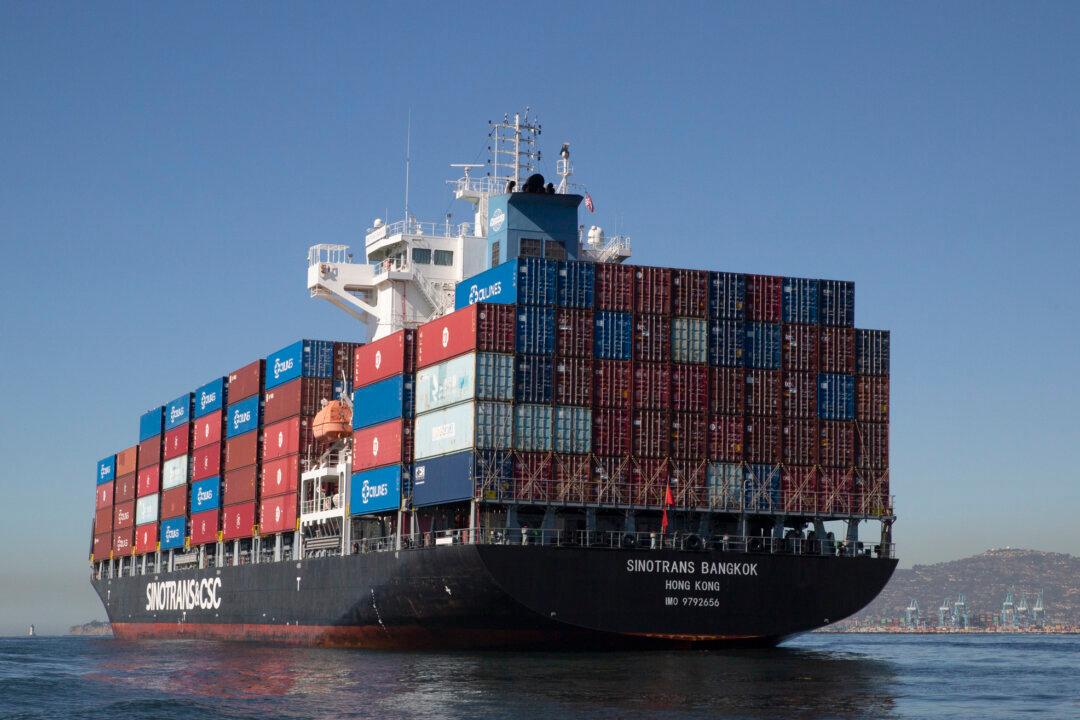Longshore workers who walked off their jobs, leading to closures of the ports of Los Angeles and Long Beach since April 6, were not on strike, according to a union representative.
Many speculated whether the walkout was tied to ongoing labor talks that started in May 2022 between a union of West Coast dockworkers and a group representing maritime shippers in the region.





